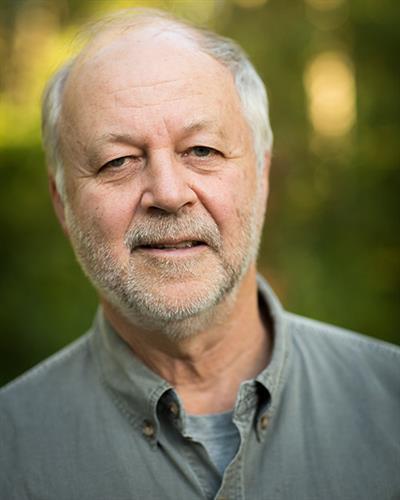
W. George Scarlett
(617) 627-2248
105 College Avenue

Research/Areas of Interest
Children's development as earth stewards, children's play, Approaches to children's challenging behaviors, religious and spiritual development across the lifespan, the arts in support of children's development.
Education
- PhD, Developmental Psychology, Clark University, United States, 1978
- MDiv, Episcopal Theological School, United States, 1971
- BA, Psychology, Yale University, United States, 1967
Biography
My teaching, research, and writing interests focus on children's and youth's development as earth stewards, approaches to children's challenging behaviors, children's play, religious and spiritual development, and the arts in support of children's development. I am the editor of Tomorrow's Earth Stewards, an online resource for environmental educators and all those working to support children's development as earth stewards (see (https://sites.tufts.edu/earthstewards/).